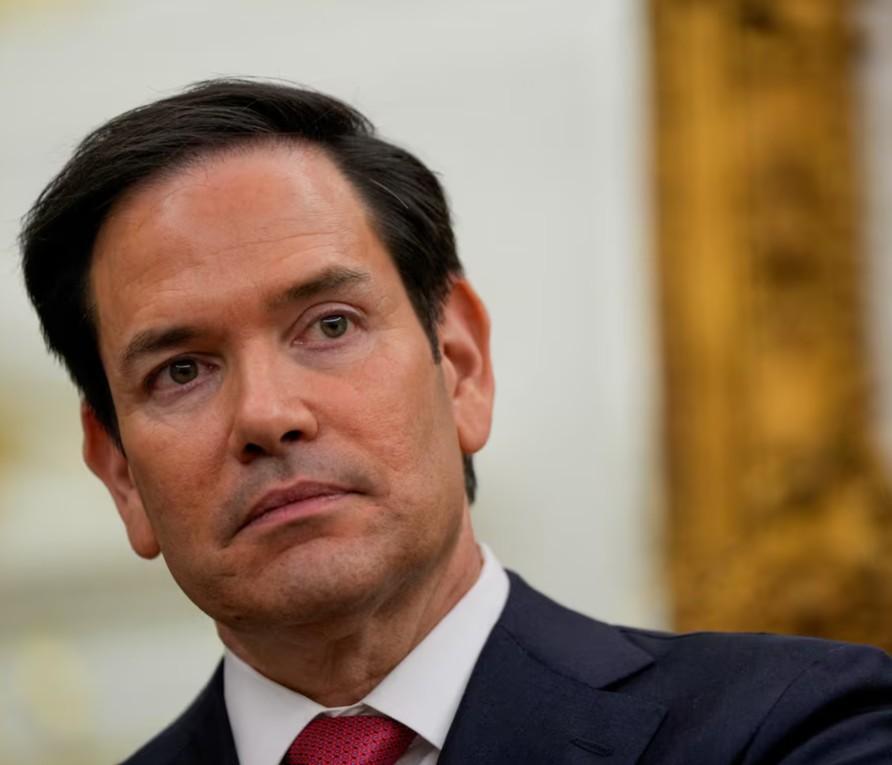
US Secretary of State Marco Rubio Dials Pakistani Army Chief Amid India-Pakistan Tensions
The recent escalation of tensions between India and Pakistan has led to a significant increase in diplomatic efforts to de-escalate the situation. Amidst this backdrop, US Secretary of State Marco Rubio made a notable move by dialling Pakistani Army Chief Asim Munir. The call was confirmed by the US Department of State, highlighting the growing concern of the international community regarding the volatile situation between the two nations.
The call comes on the heels of reports that Pakistan had fired a ballistic missile aimed at Delhi, which was successfully intercepted by India’s air defense systems in Haryana. This incident has led to heightened tensions between the two nations, with both sides trading barbs and accusations.
According to sources, Secretary of State Marco Rubio engaged with Army Chief Asim Munir to urge both parties to find ways to de-escalate the situation. Rubio also offered US assistance in starting constructive talks to avoid future conflicts. The US Secretary of State emphasized the importance of dialogue and peaceful resolution to the crisis, underscoring the need for both countries to work towards reducing tensions and finding a peaceful resolution.
The development comes at a critical time, with both India and Pakistan facing off against each other in a tense standoff. The situation has been exacerbated by a series of recent incidents, including a reported ceasefire violation by Pakistan across the Line of Control (LoC) in Jammu and Kashmir, and a subsequent retaliation by Indian forces.
The US Secretary of State’s call to Pakistani Army Chief Asim Munir is seen as a significant move in the diplomatic efforts to de-escalate the situation. The US has a long-standing relationship with both India and Pakistan, and has been actively engaged in efforts to promote peace and stability in the region.
In recent years, the US has been working closely with both countries to promote dialogue and cooperation. The US has also been actively involved in efforts to promote economic growth and development in the region, recognizing the importance of the region’s stability for global security and prosperity.
The recent tensions between India and Pakistan have also raised concerns about the potential impact on regional stability. The region is home to several major economies, including India, Pakistan, and Bangladesh, and is also a key hub for global trade and commerce.
In addition to the economic implications, the tensions between India and Pakistan also have significant implications for regional security. The two countries have a long history of conflict, dating back to the partition of the Indian subcontinent in 1947. The situation has been further complicated by the presence of several militant groups operating in the region, including the Taliban and other affiliates of Al-Qaeda.
In light of these concerns, the US Secretary of State’s call to Pakistani Army Chief Asim Munir is seen as a significant step in efforts to de-escalate the situation. The US has a reputation for being a reliable and trusted mediator in regional conflicts, and its involvement is likely to be seen as a positive development by both India and Pakistan.
The development also highlights the importance of diplomatic efforts in resolving conflicts. In an era of increasing global tensions and uncertainty, the need for effective diplomacy has never been more pressing. The US Secretary of State’s call to Pakistani Army Chief Asim Munir is a testament to the power of diplomacy in preventing conflicts and promoting peace and stability.
In conclusion, the US Secretary of State Marco Rubio’s call to Pakistani Army Chief Asim Munir is a significant development in the ongoing efforts to de-escalate the tensions between India and Pakistan. The US has a long-standing relationship with both countries and has been actively engaged in efforts to promote peace and stability in the region. The Secretary of State’s call is a testament to the power of diplomacy in preventing conflicts and promoting peace and stability, and highlights the importance of continued diplomatic engagement to resolve the crisis.
Source:



